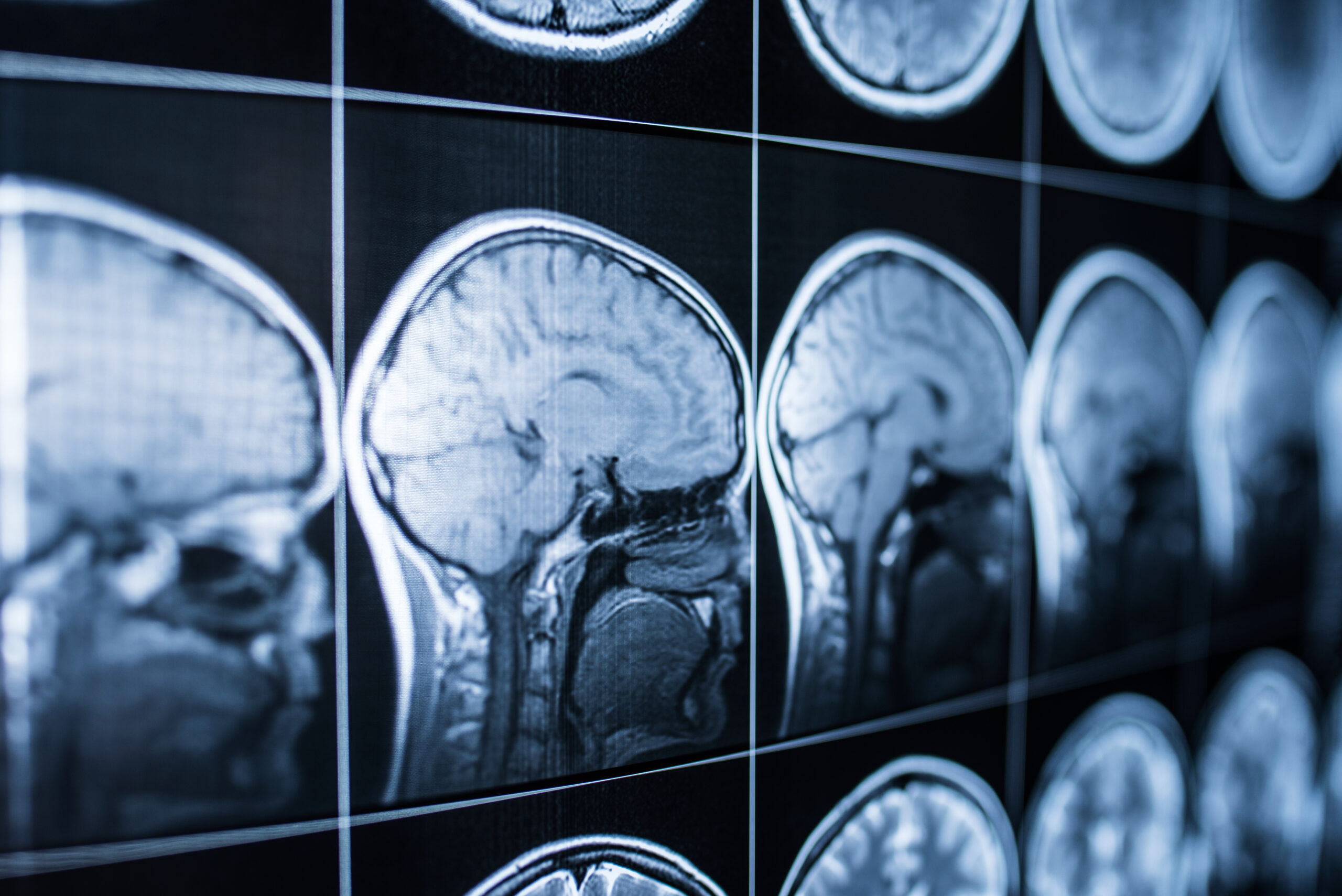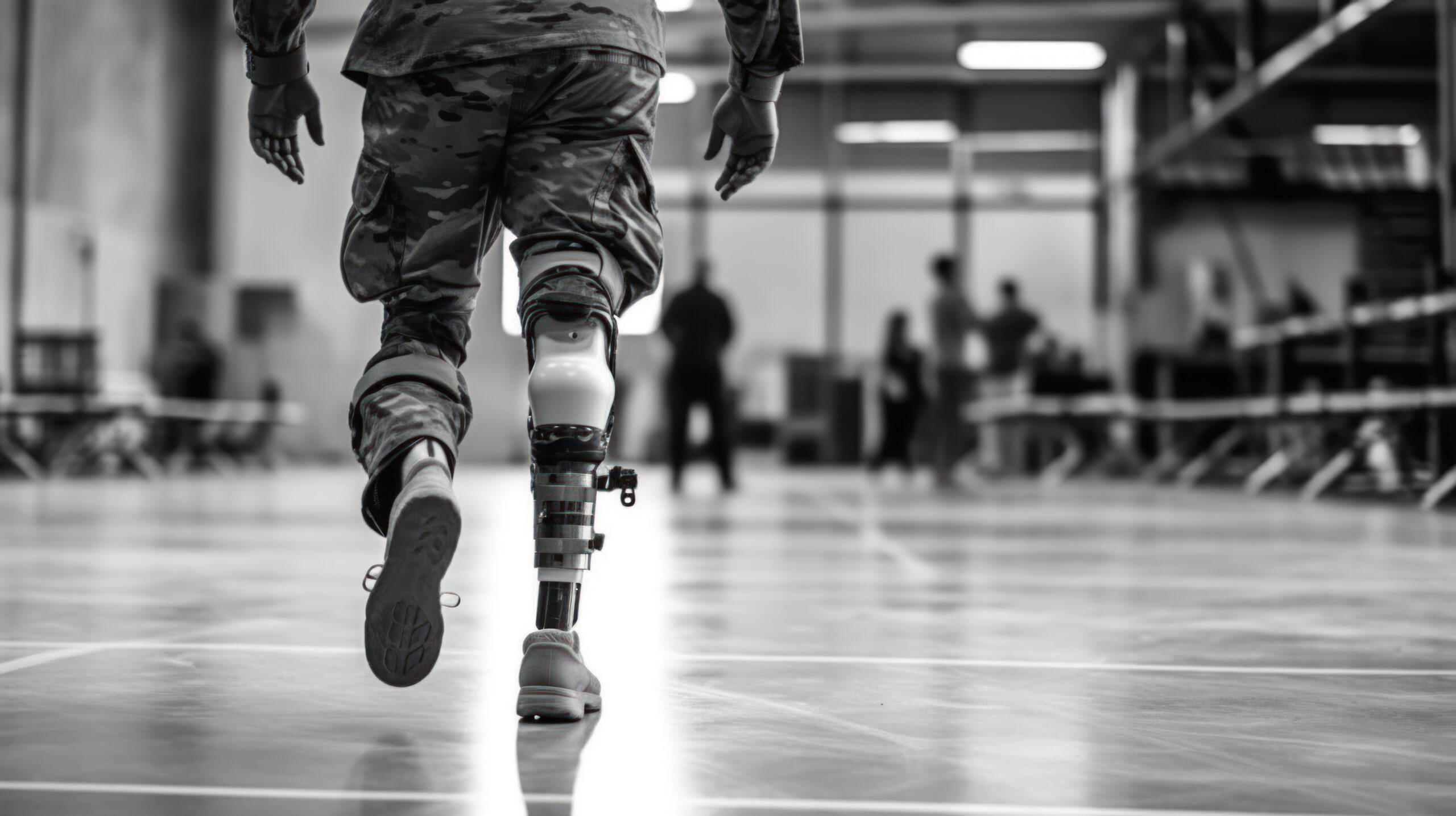- 08 Apr 2024
- •
- 5 min read
8 Most Common Types of Traumatic Brain Injury

Traumatic brain and head injuries are one of the most common causes of disability and death in adults. They can significantly impact not only those affected but also their families and loved ones. The term traumatic brain injury (TBI) is used to encompass a broad range of injuries that affect the brain and can differ greatly in symptoms and severity.
In this article, we will look closer at the 8 most common types of traumatic brain and head injuries, what causes them, and how Trethowans can assist you should you or your family suffer from a traumatic brain injury.
What is a traumatic brain injury?
A traumatic brain injury, or TBI, is caused when the brain is damaged by a sudden, external, physical assault. The severity of this damage can range from a mild concussion to more severe injuries that can result in a coma or, in the worst cases, death. The type of damage done to the brain can either be focal, where it is confined to one area, or diffuse, occurring in multiple areas.
What can cause a brain injury?
Traumatic brain injuries can be caused by a range of factors – some more common than others. Some examples of these include:
Falls
Overall, falls account for the most common form of traumatic brain injury, particularly in older people and young children. Falls can include stairs, ladders, or even falling in the bath.
Violence
Violent assaults and other forms of abuse can cause traumatic brain injury, whether caused directly by a physical assault or a subsequent fall.
Sporting injury
Particularly common in younger adults and teenagers, traumatic brain injuries caused by sporting activities are often seen in activities such as football, boxing, rugby, hockey and other high-impact sports.
Vehicle collisions
Traumatic brain injuries are often a result of collisions and accidents caused by cars, motorcycles or bicycles.
Explosions or combat
For those serving or having served in active-duty military, traumatic brain injuries can be caused by explosive blasts, gunshots or other combat injuries.
What is a primary and secondary brain injury?
A primary brain injury is a sudden and/or significant injury to the brain that takes place immediately at the time of impact, e.g., during a fall, car accident or sporting indecent.
Secondary brain injury refers to the damage caused to the brain in the subsequent period of time after the initial injury. This can evolve over hours or days and encompasses the cellular, chemical, tissue and blood vessel changes in the brain.
Types of brain injuries and symptoms
Typically, doctors will group traumatic brain injuries into two categories: closed injuries and open injuries.
Closed injuries refer to traumatic brain injuries that do not fracture the skull. Open injuries, on the other hand, refer to injuries that cause the skull to break or become penetrated.
Within each group are several types of traumatic brain and head injuries:
1. Concussions
The most common form of traumatic brain injury, concussions occurs when a strong force strikes the head, causing the brain to shift and collide with the skull. Once seen as a minor inconvenience, doctors now take concussions seriously with symptoms ranging from mild to severe.
2. Contusions
Often occurring alongside concussions, contusions are in essence, a bruise on the brain which is caused by a mild form of bleeding. Left untreated, contusions can lead to a hematoma, requiring removal via surgery.
3. Brain haemorrhages
Brain haemorrhages refer to bleeding on the surface (subarachnoid haemorrhage) or within the brain tissue (intracerebral haemorrhage) that is uncontrolled. Brain haemorrhages are known as a focal brain injury and are localised to one area of the brain.
4. Intracranial hematomas
Hematomas refer to a collection of blood outside of the blood vessels. Those that occur in the brain do not always develop immediately and can take days or weeks to materialise.
5. Coup-contrecoup brain injury
French for “blow” and “counterblow”, this form of traumatic brain injury actually refers to two separate injuries; Coup injury occurring directly beneath the point of content, and Contrecoup injury which takes place on the opposite side of the brain to the impact site. Often, this is caused when the skull hits an object, causing the brain to collide with the front of the skull – the impact of which causes the brain to rebound and strike the back of the skull.
6. Diffuse axonal injury (DAI)
One of the most severe types of traumatic brain injury, DAI occurs when the brain is shaken or twisted inside the skull. The cerebral tissue is forced back and forth and the axons (connecting fibres within the brain) tear which disrupts neuron messaging, resulting in a loss of function.
7. Penetrating brain injury
This form of injury typically occurs when an object penetrates the skull and brain. Often this is a bullet or other projectile.
8. Second impact syndrome
Otherwise known as a recurrent traumatic brain injury, this is caused by a secondary brain injury occurring shortly after the first and typically causes more severe damage.
Symptoms of a traumatic brain injury can differ dramatically depending on the cause and severity.
Symptoms of a mild traumatic brain injury may include:
- Headache
- Confusion
- Light-headedness
- Dizziness
- Blurred vision
- Mood change
- Trouble with memory, concentration or attention
- Loss of consciousness lasting a few seconds to minutes
- Nausea and vomiting.
Symptoms of a more moderate or severe traumatic brain injury can include:
- Loss of vision in one or both eyes
- Slurred speech
- Convulsions or seizures
- Inability to wake from sleep
- Enlarged pupils
- Numbness or tingling in arms or legs
- Loss of coordination
- Confusion, restlessness or agitation
- Loss of consciousness lasting a few minutes to hours.
Types of brain injuries caused by car accidents
No two car accidents are ever alike, nor are the traumatic brain injuries caused by them. The force of the collision alone can cause trauma to the brain without any direct contact.
Concussions, contusions, coup-contrecoup injuries and diffuse axonal injuries are some of the most common seen in car or other vehicle accidents.
Types of brain injuries in sports
While sporting accidents can cause a range of traumatic brain injuries, the most common are concussions. These can range in severity, with the most severe of cases resulting in death. However, intracranial haemorrhages are the leading cause of head injury death in sports.
Second impact syndrome and diffuse cerebral swelling are commonly found in child or adolescent athletes and are often the result of improper playing techniques or lack of protective equipment.
What type of brain injury causes memory loss?
Memory loss issues are common in those suffering from moderate or severe traumatic brain injuries, with damage occurring in the parts of the brain that handle learning and remembering. Both long and short-term memory can be affected. Occasionally, memory loss issues will not arise until weeks, months or even years after the trauma. This is sometimes seen in concussion cases and is referred to as post-concussion syndrome.
Can someone have multiple types of brain injury?
It is possible for someone to suffer multiple types of brain injury at one time. If a person has a history of repeated mild traumatic brain injuries, such as concussions, they may begin to experience longer recovery periods or more severe symptoms, which can lead to longer-term issues.
Contact Us to Book a Free Consultation
Every traumatic brain injury is different and can impact the lives of those who suffer in numerous different ways. That’s why it’s important to choose a team of brain injury solicitors and head injury solicitors who understand your situation and specialise in getting you the care, you deserve, while aiming to also get you a head injury claim to help you and your loved ones.
Get in touch today, and let us help you lessen the burden that a head and brain injury or personal injury can cause.





